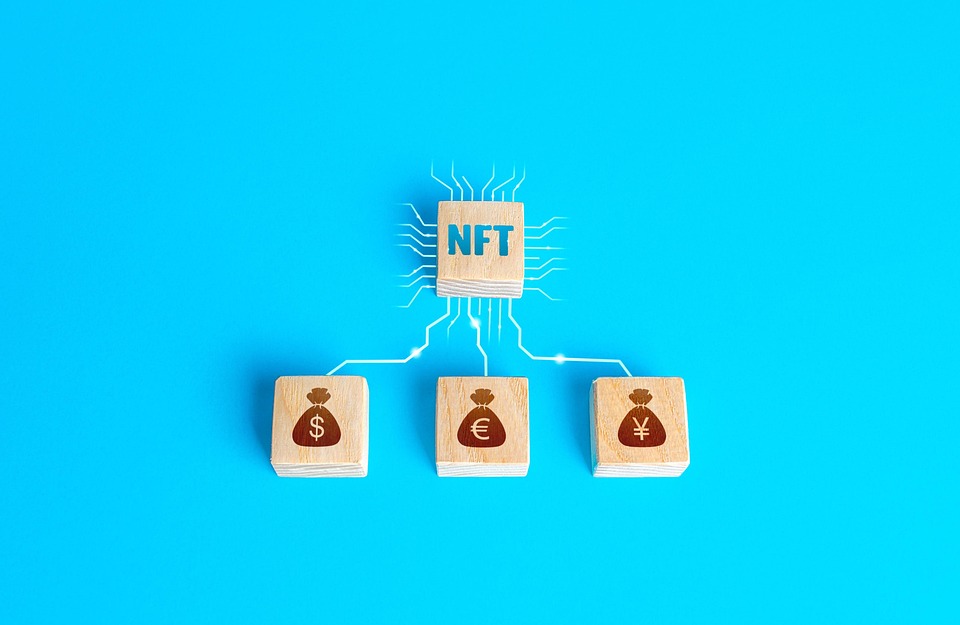In recent years, Non-Fungible Tokens (NFTs) have exploded into the mainstream, revolutionizing the way we think about and engage with digital content. Artists, musicians, and creators from all corners of the globe are harnessing this technology to monetize their work in unprecedented ways. However, with the rise of NFTs also comes the urgent need to address issues surrounding intellectual property (IP) rights. In this article, we explore the intersection of NFTs and IP, underscoring the importance of protecting your digital creations.
What Are NFTs?
At their core, NFTs are digital assets that represent ownership or proof of authenticity of a specific item, whether it’s a piece of digital art, music, video, or even virtual real estate. Unlike cryptocurrencies such as Bitcoin or Ethereum, which are fungible and can be exchanged on a one-to-one basis, each NFT is unique and cannot be replaced with something else. This uniqueness, combined with blockchain technology, allows NFTs to secure provenance and ownership rights in a transparent manner.
The Promise of NFTs for Creators
NFTs offer creators a myriad of opportunities to monetize their work directly and engage with their audience. Some key advantages include:
-
Direct Sales: Creators can sell their work directly to consumers without needing intermediaries like galleries or streaming platforms.
-
Royalties: Many NFT platforms allow creators to earn royalties on secondary sales, enabling them to benefit financially from their work long after the initial transaction.
-
Scarcity and Exclusivity: The ability to create limited editions of digital assets can drive demand and increase perceived value.
- Global Reach: NFTs can be bought and sold across borders, providing access to a global market.
The Intellectual Property Landscape
Despite the advantages that NFTs present, the intellectual property landscape can be complex and often murky. Here are some key considerations:
1. Copyright Law
When a creator mints an NFT, they typically retain the underlying copyright of the work unless explicitly stated otherwise. This means that while the NFT represents ownership of a specific token, the creator often retains the rights to reproduce, distribute, and display the work. However, it’s crucial for creators to clearly define these rights in the sales contract associated with the NFT.
2. Licensing Agreements
In situations where creators wish to sell an NFT but retain certain rights, establishing a licensing agreement can be beneficial. This agreement can specify what the buyer can and cannot do with the NFT, protecting the creator’s interests while allowing the buyer to enjoy the benefits of ownership.
3. Protecting Against Infringement
Given the digital nature of NFTs, the risk of copyright infringement remains a significant concern. Creators must be vigilant to ensure that their work is not being minted or sold as NFTs without their permission. Platforms that facilitate NFT sales often provide channels for reporting theft or unauthorized use, but creators should proactively monitor their work online.
4. The Role of Smart Contracts
Smart contracts are integral to the functioning of NFTs. These self-executing contracts run on the blockchain and can automate the execution of agreements. For example, a smart contract could automatically distribute royalties to creators whenever their NFT is sold or transferred. Understanding how to leverage these contracts can offer additional layers of protection for creators.
Best Practices for Protecting Your Digital Creations
To navigate the intersection of NFTs and intellectual property effectively, creators should consider the following best practices:
-
Document Your Work: Keep records of the creation process, including dates, sketches, and drafts. This documentation can support your claims to authorship if disputed.
-
Understand Your Rights: Familiarize yourself with copyright law and the specific IP rights related to your work. Consult with a legal expert if needed.
-
Utilize Clear Contracts: Ensure that any sale of NFTs includes clear terms regarding copyright ownership and licensing. This clarity will help prevent disputes.
-
Monitor the Marketplace: Regularly check platforms where your work might be sold as NFTs to ensure your rights are being respected.
- Educate Your Audience: When marketing your NFTs, be transparent about what buyers are receiving. Educating them about ownership versus copyright can prevent misunderstandings.
Conclusion
NFTs have opened up a new frontier for creators, enabling them to monetize their digital work in innovative ways. However, navigating the complex landscape of intellectual property is essential to ensure that these creations are adequately protected. By understanding rights, utilizing contracts, and remaining vigilant against infringement, creators can harness the power of NFTs while safeguarding their digital legacies. As the space continues to evolve, staying informed about technological advancements and legal frameworks will be key to success in the NFT marketplace.


